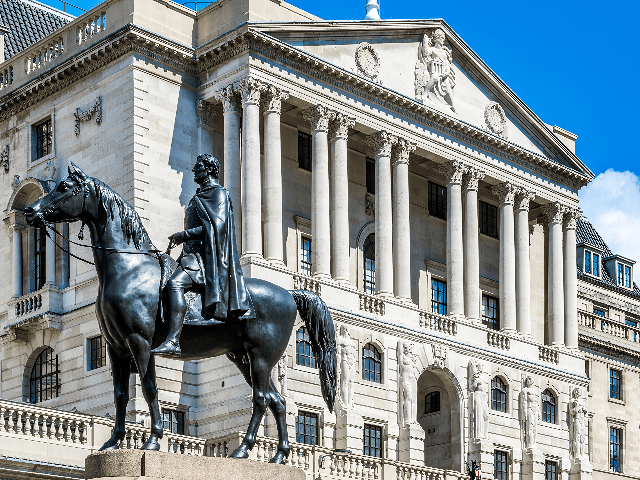Britain’s Bank of England is in the process of purging former governors and directors from its art collection for “inexcusable connections” to the historic slave trade, according to reports.
“As an institution, the Bank of England was never itself directly involved in the slave trade,” the central bank claimed in a 2020 statement, but it added that it was “aware of some inexcusable connections involving former governors and directors and apologises for them”.
Anti-iconoclast campaigners such as Robert Poll of the Save Our Statues campaign have protested that such people “acted within the accepted norms of their time”, but the Bank has vowed that “none with any such involvement in the slave trade [will] remain on display anywhere in the bank”.
University College London has identified 25 such governors and directors in its so-called Legacies of British Slave Ownership project, and The Art Newspaper reports that the Bank of England is currently in the process of cleansing them, despite the British government having made it clear that its policy is that public institutions should “retain and explain” historic memorials.
Sadiq Khan Claims Statue DEFENDERS Are the Ones 'Trying to Engineer a Culture War' https://t.co/iiUBtWpbWw
— Breitbart London (@BreitbartLondon) February 20, 2021
With slavery having been an accepted institution in much of the world, including Africa, until British abolitionists and the British state began the process of stamping it out at home and abroad in the 19th century, it is not hard to find that high-profile merchants often had slavery links.
Sometimes these links are less obvious, coming via holding shares in state-backed ventures like the Royal African Company, which made slavery part of their business, or simply inheriting money from family members who made part of their fortune from Caribbean enterprises which used slave labour, for example — but such links have been enough to narrowly define some formerly esteemed figures as slave traders in the post-BLM era.
Police chief who did nothing as Black Lives Matter ripped down a historic statue gets a medal in Boris Johnson's New Year Honours (but @Nigel_Farage gets nothing) https://t.co/eWc1UP3fXH
— Breitbart London (@BreitbartLondon) December 31, 2020
The Bank of England is moving against its own former governors and directors as Jesus College, Cambridge, is attempting to excise a stone funeral monument to one its great benefactors, Tobias Rustat, from the chapel where it currently sits and move it in a disused wine cellar.
Rustat, who funded scholarships for the orphans of Anglican clergymen, was involved in the aforementioned Royal African Company — established by King Charles II — so his philanthropy is no longer considered worth honouring by the college, which asserts that his memorial “is incompatible with the chapel as an inclusive community” and asked the Church of England for permission to get rid of it.
Rustat’s descendants have protested the move, however, telling The Times that they regard him “as a distinguished ancestor” who “made his money in the court of Charles II.”
“It’s clear that the bulk of his wealth came from things [that were] nothing to do with slavery, so the money that was given to Jesus College clearly has nothing to do with slavery,” they complained.
Nelson Statue Vandal Walks Free After Judge Lets Him Off With Conditional Discharge https://t.co/kDBnS77t1X
— Breitbart London (@BreitbartLondon) August 18, 2020

COMMENTS
Please let us know if you're having issues with commenting.